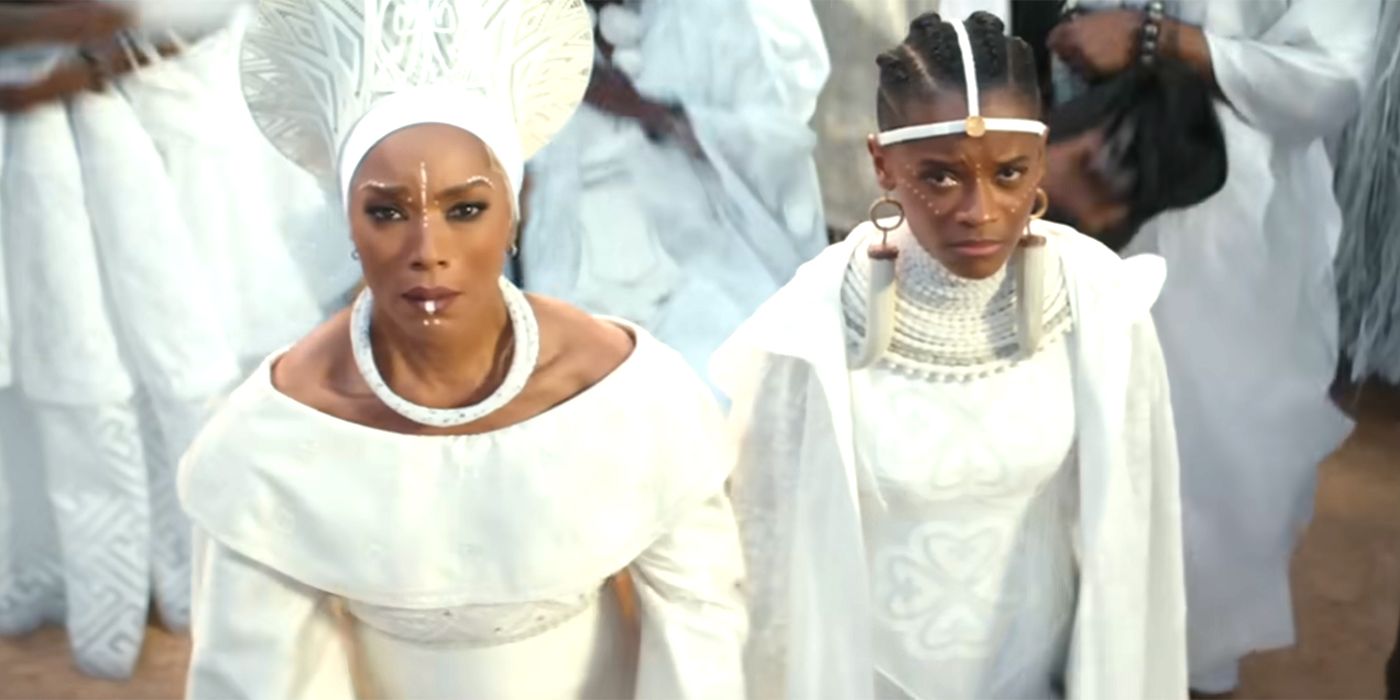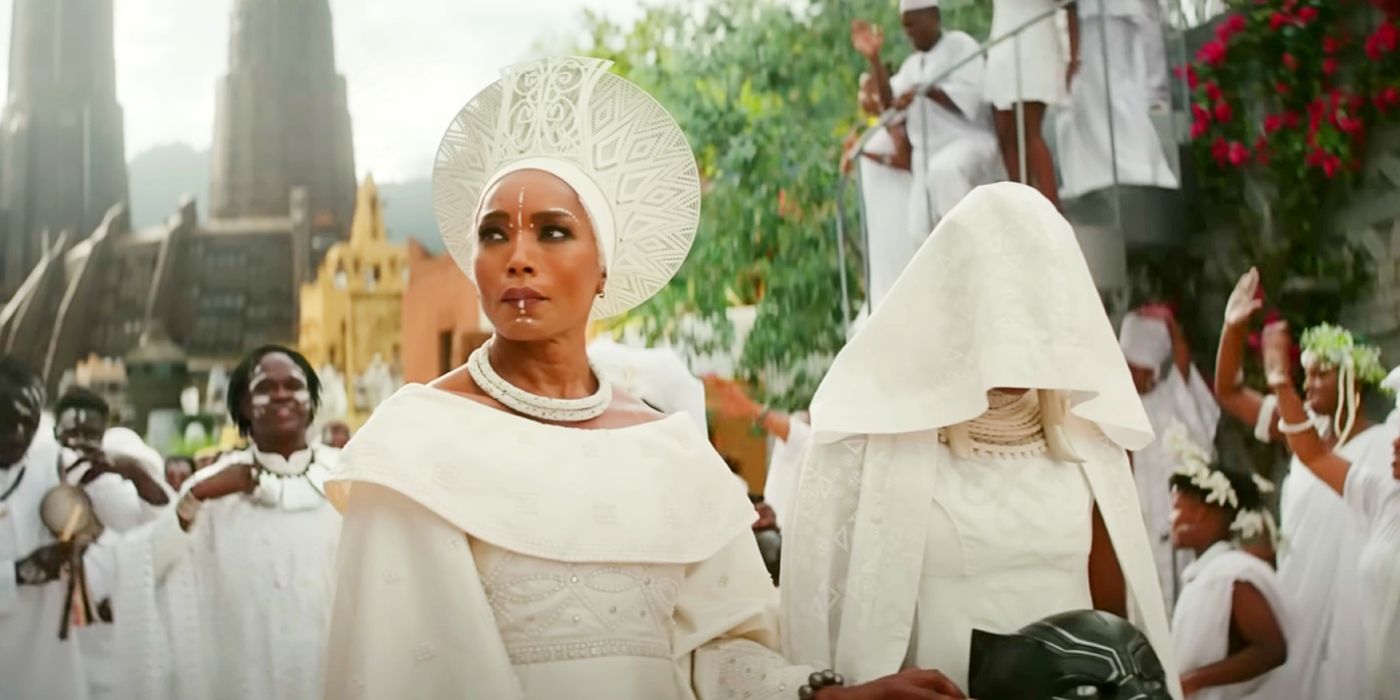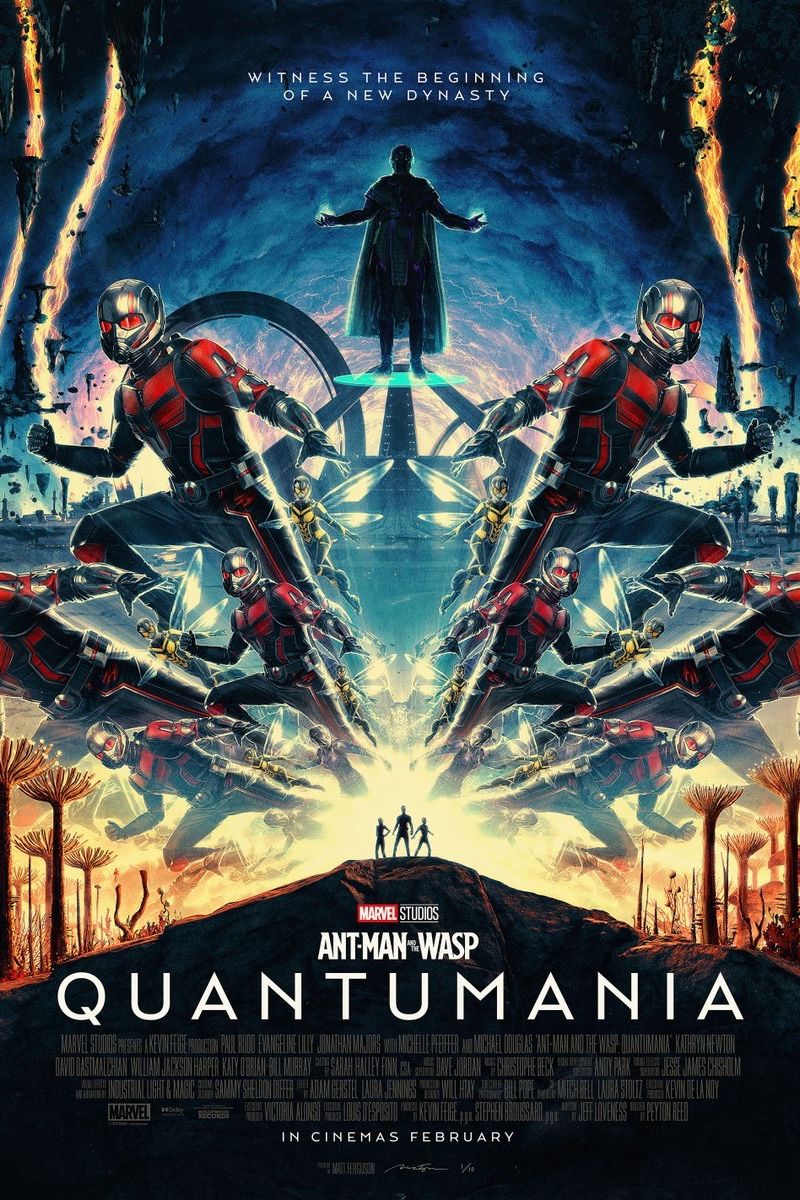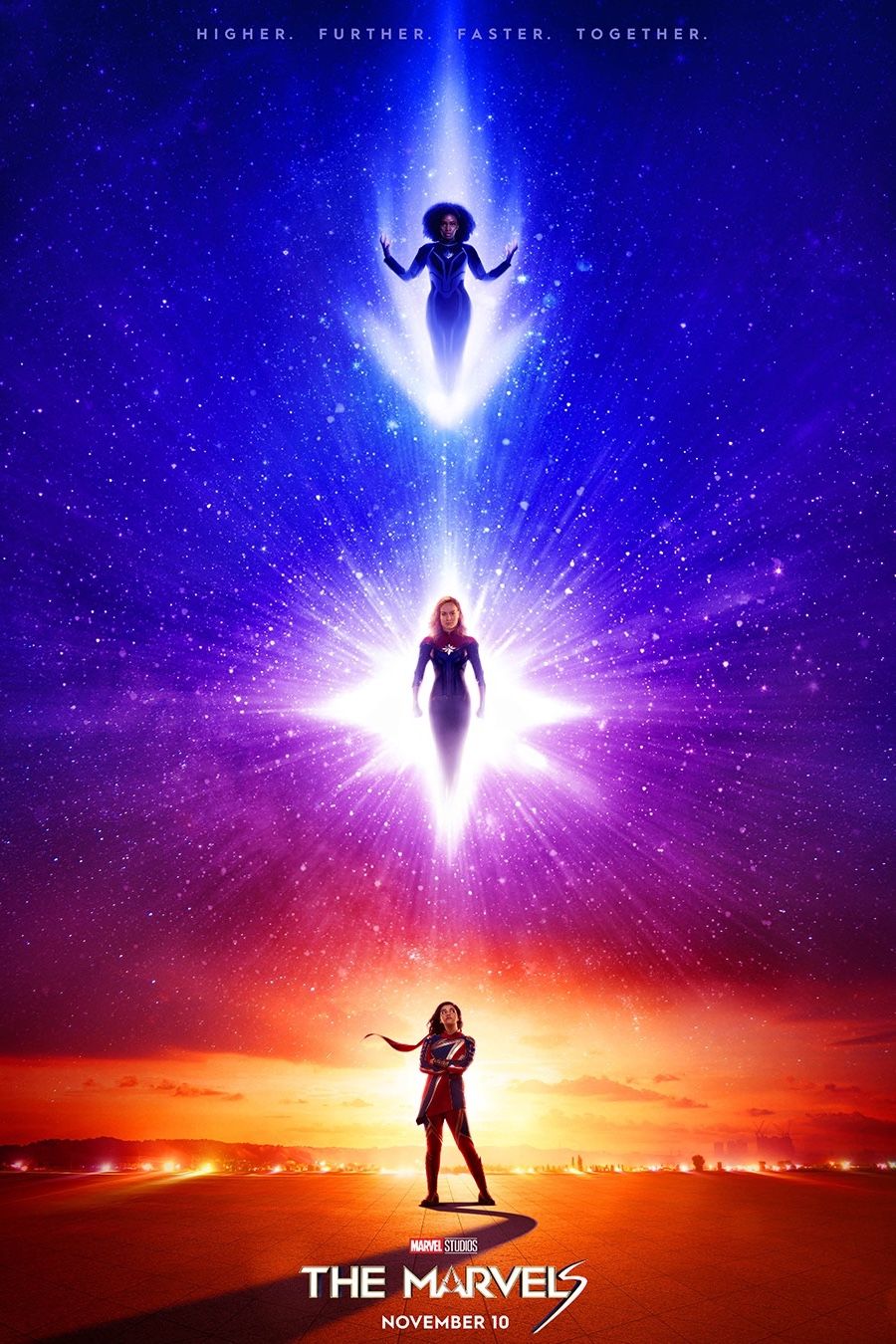With the nation currently in mourning over the loss of their king, Black Panther: Wakanda Forever producer Nate Moore and director Ryan Coogler explain why the film will focus predominantly on the women of the Marvel Cinematic Universe. Black Panther: Wakanda Forever will premiere on November 11, and will mark the final film in the MCU's Phase 4. The story for the Black Panther sequel was rewritten after 2020 to honor the legacy of Chadwick Boseman, as the King T'Challa actor passed away from colon cancer during the film's development.
Despite his passing, Marvel decided not to recast the role of T'Challa for Black Panther: Wakanda Forever, with the titular nation instead having lost its king and leaving the door open for another individual to rise to take on the mantle of the eponymous mantle. The film predominantly focuses on Queen Ramonda (Angela Bassett), Shuri (Letitia Wright), Nakia (Lupita Nyong'o), Okoye (Danai Gurira), and the Dora Milaje as they fight to protect Wakanda from invaders following T'Challa's passing. They face an especially formidable threat in the form of the underwater dwelling people of Talokan who are led by the mutant and half-Atlantean, Namor (Tenoch Huerta), and will do whatever is necessary to protect themselves.
At a press event attended by Screen Rant, Moore and Coogler explained their decision to focus on the MCU's female characters in Black Panther: Wakanda Forever. Moore explained that it wasn't a conscious choice to make the women prevalent, but that it was just a natural progression of the story, with Coogler agreeing that the sequel will explore those whose identities were wrapped around T'Challa. Check out their statements below:
Nate Moore: It was just the right story to tell. These were the characters who were most affected by T'Challa's passing, so we focused on the people who were appropriate. It's not about pushing women forward or holding men back; it's about telling the story that is organic. I think sometimes, maybe from the outside, there's a thought that there are agendas at play. But it's just telling good stories, and we are blessed with an amazing cast who breathes life into these characters and makes you want to see what's happening with Shuri or what's happening with Okoye or what's happening with Lupita or what's happened with Ramonda. To not highlight them would have been a disservice to the story, and so I think the movies better for it. If we would have had to wedge in some new male characters just to have that voice, that would have seemed more performative than then just telling the story we told.
Ryan Coogler: I will say that M'Baku was in this movie more than he was in the first Black Panther; probably like a two-to-one ratio, and probably twice as many scenes as he got in the first one. He's there, but Nate's absolutely right. When you lose somebody, there's a blast radius. It's like a bomb that goes off, and who was the closest to it? That's who we explored.
The main characters, their identities were kind of wrapped up in this man. [That's] the truth of it. Every day Shuri was alive, she had her brother. When she lost him, what we discovered while we were working on the script—and then eventually bringing it to life with it with the actors—was that she really lost her sense of self. She identified herself as this guy's little sister, and as his protector, and as the person who looks out for him. When she loses that, it makes her very unmoored. ...The worst nightmare that you can have is, if something were to happen to you, the people who you love and leave behind will be unmoored and lost after you're gone. We were exploring all of those things, and it wasn't about gender directly. It was about who would be most affected.
Where The Wakandan Women Find Themselves In Black Panther 2
Moore and Coogler are correct that the Wakandan women will be greatly impacted by T'Challa's passing in Black Panther: Wakanda Forever. The women of Wakanda will find themselves in a place of grief and vulnerability following T'Challa's death, however, they will also have to take on his mantle and defend Wakanda. Shuri is one character that Coogler mentioned will have a particularly tough time in the film, as she had previously established her identity as T'Challa's little sister and his protector, realizing she doesn't know who she is without him coming into the sequel. She will also find herself with a lot more responsibility as the new heir of Wakanda, and potentially the Black Panther moniker, while her mother Ramonda will find herself stretched thin as she attempts to be a mother, a leader, and a defender, all while grieving T'Challa.
As for Okoye, Nakia, and the Dora Milaje, they will likely be fighting harder than ever to defend Wakanda and protect T'Challa's legacy. Black Panther: Wakanda Forever is shaping up to be a very poignant exploration of grief and survival, and it seems it will explore the women's grief at losing their friend and family member, but also explore the painful truth that life doesn't stop for anybody. In this case, the grieving women of Wakanda are forced to fight to protect their country, but one can hope there will be healing involved as they honor T'Challa's legacy by protecting what was dearest to him and experience stepping into his role. Black Panther: Wakanda Forever will be made all the more emotional and interesting by putting the spotlight on Wakanda's women when it hits theaters on November 11.














